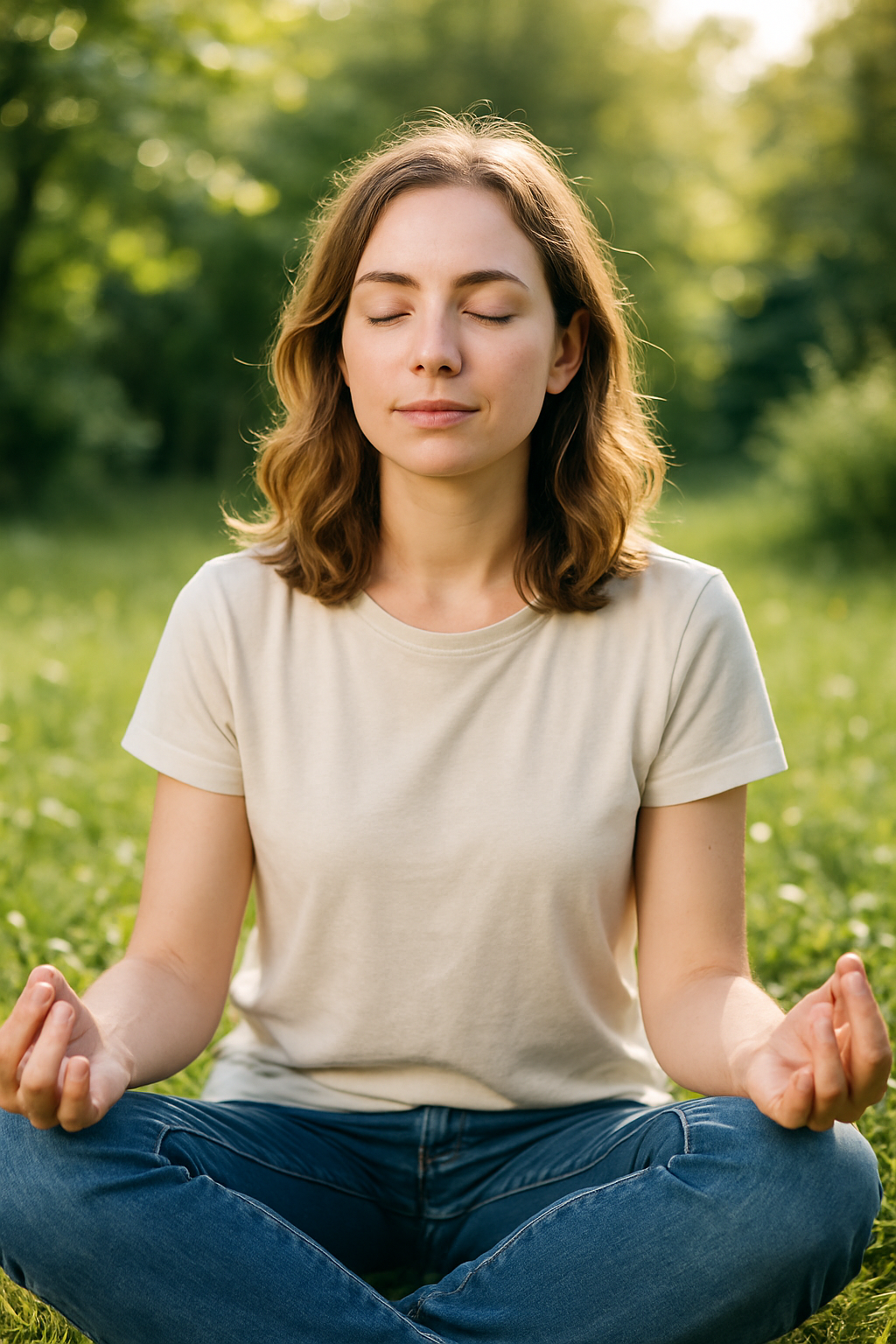Anxiety and depression have become universal struggles—affecting billions worldwide and impacting our daily lives in profound ways. Whether you’re in the United States or the United Kingdom, achieving mental‑health & anxiety relief is a priority in our fast‑paced, screen‑saturated world. This interactive, user‑friendly guide dives into the latest global, US, and UK data on anxiety and depression, then shares simple, research‑backed hacks (plus app recommendations) to help you reclaim calm, clarity, and connection.
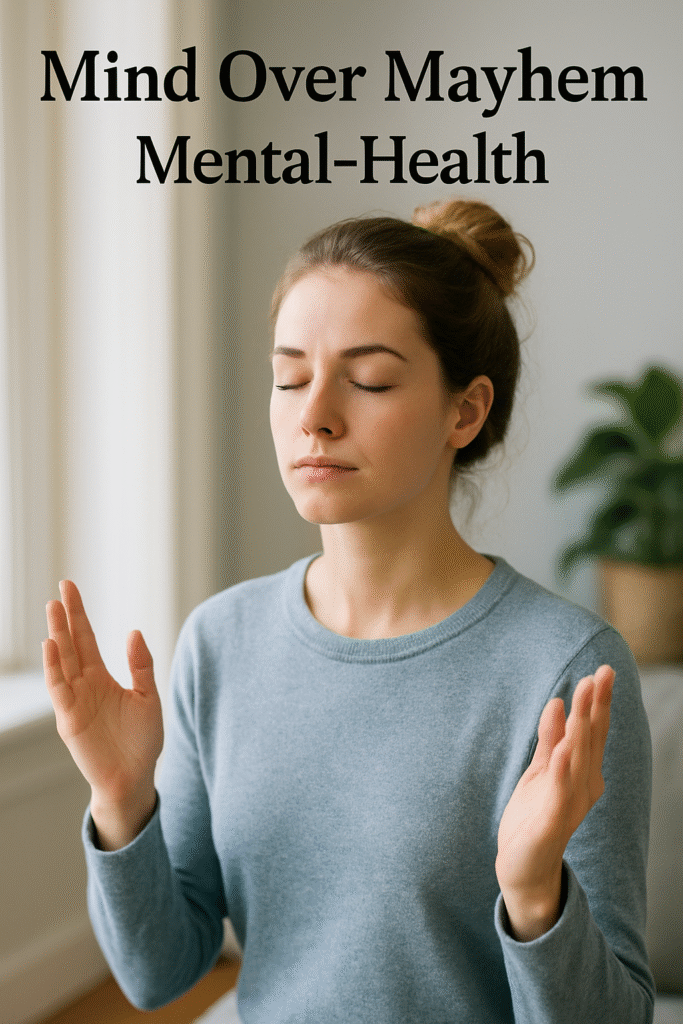
Table of Contents
- The Rising Tide of Anxiety & Depression
- Why We’re Feeling More Anxious and Blue
- Top Mental‑Health Support Apps for Anxiety Relief
- 10 Simple Hacks for Everyday Anxiety Relief
- Building a Sustainable Self‑Care Routine
- When to Seek Professional Help
- Trusted Government & Charitable Resources
- Disclaimer
The Rising Tide of Anxiety & Depression
Global Snapshot
- Over 300 million people live with depression worldwide, and 295 million struggle with an anxiety disorder.
- Between 2020 and 2022, pandemic‑related stress drove a 25% increase in anxiety and depression symptoms globally.
United States Data
- 13.1% of Americans aged 12 and older reported frequent feelings of anxiety or depression in recent surveys.
- Anxiety disorders cost the U.S. economy over $42 billion annually in lost productivity.
- Nearly 1 in 5 adults takes prescription medication for anxiety or depression.
United Kingdom Figures
- One in four people in England experienced a common mental health condition in 2023—up from 1 in 6 a decade earlier.
- Over 8 million adults have had the experience of anxiety in the past week.
- Depression and anxiety are the leading causes of long‑term work absence in the UK.
Poll: Which best describes your mental‑health focus right now?
- Reducing daily stressors
- Finding a supportive app or community
- Building long‑term resilience
Understanding these numbers reminds us that you’re not alone—and that relief strategies exist.
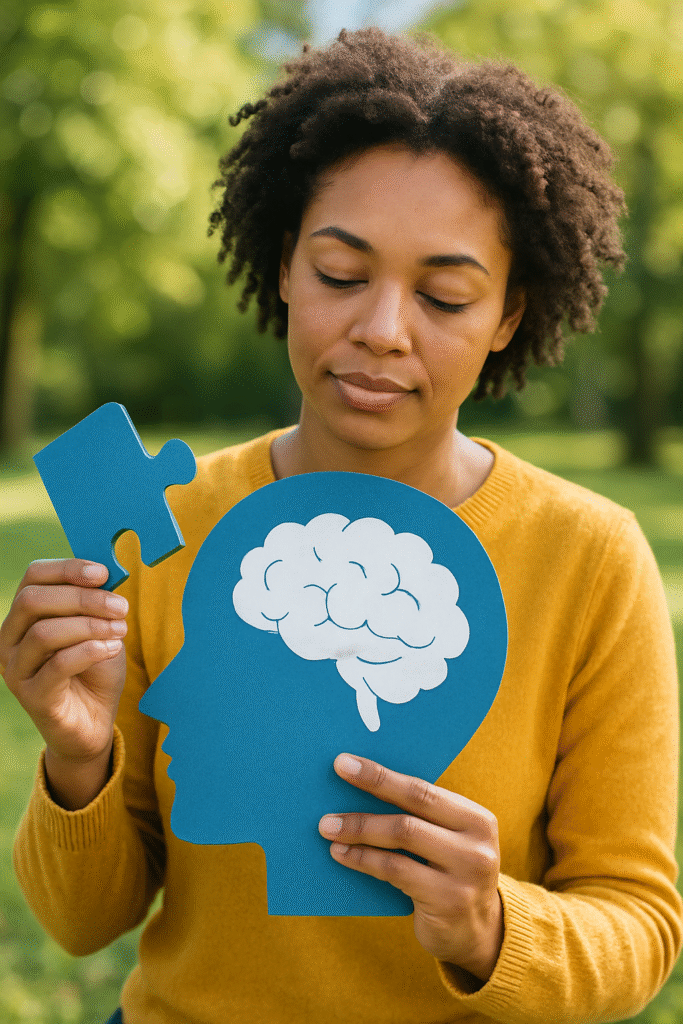
Why We’re Feeling More Anxious and Blue
Several modern factors amplify anxiety and depression:
- Digital Overload: The average adult spends over 7 hours daily on screens, fueling comparison and information fatigue.
- Social Isolation: Remote work and social media can deepen loneliness despite virtual “connections.”
- Economic Pressures: Cost‑of‑living crises increase financial stress and uncertainty.
- Global Unrest: Constant news cycles on pandemics, climate, and conflicts heighten chronic worry.
- Under‑Resourced Care: Both the US and UK face mental‑health professional shortages, leading to long wait times.
Interactive Tip: Keep a two‑column journal: list your daily stress triggers on the left and one small coping action on the right.
Top Mental‑Health Support Apps for Anxiety Relief
Technology can be part of the solution. Here are four well‑vetted apps to try today:
| App | Key Feature | Free Version? | Platform |
|---|---|---|---|
| MindShift | CBT‑based exercises for anxiety | Yes | iOS, Android |
| Calm | Guided meditations & sleep stories | Limited | iOS, Android, Web |
| Woebot | AI‑powered chatbot for CBT support | Yes | iOS, Android, Web |
| Every Mind Matters (UK) | NHS‑backed tips & self‑assessment | Yes | iOS, Android, Web |
Quick Start: Download one app today and set a reminder to use it twice—morning and evening—for one week. Notice any changes in stress levels.
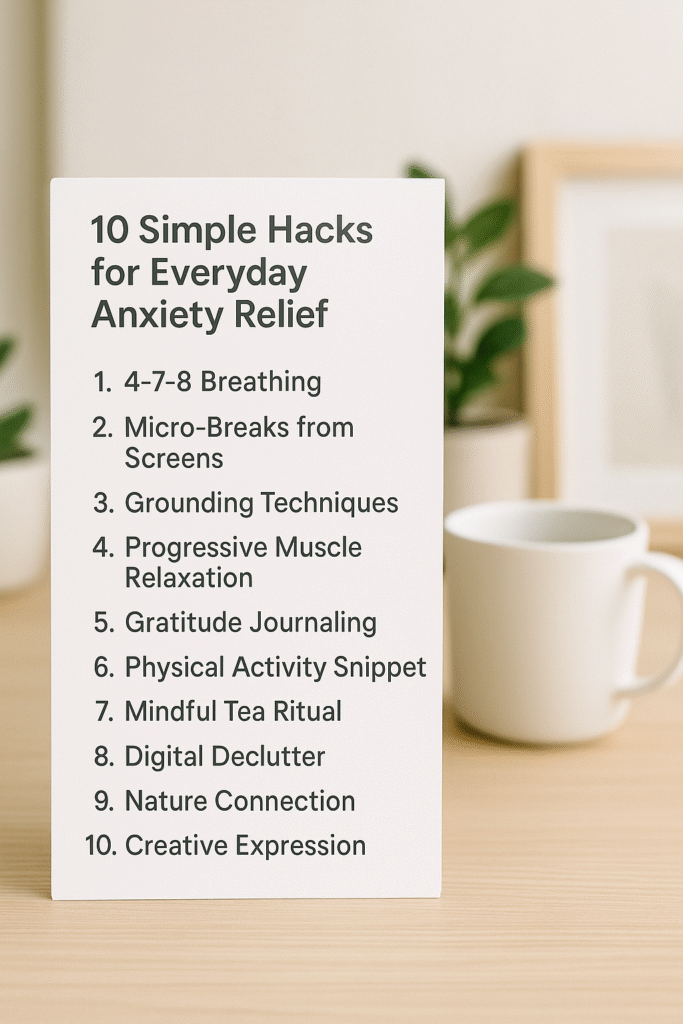
10 Simple Hacks for Everyday Anxiety Relief
- 4‑7‑8 Breathing
- Inhale 4 seconds, hold 7 seconds, exhale 8 seconds. Repeat for 5 minutes to calm your nervous system.
- Micro‑Breaks from Screens
- Every 30 minutes, look away for 20 seconds or step outside for sunlight and fresh air.
- Grounding Techniques
- The “5‑4‑3‑2‑1” method: name 5 things you see, 4 you feel, 3 you hear, 2 you smell, 1 you taste.
- Progressive Muscle Relaxation
- Tense then release each muscle group from toes to head—1–2 minutes per area.
- Gratitude Journaling
- Write three things you’re grateful for each morning to shift your mindset.
- Physical Activity Snippet
- A 10‑minute brisk walk or dancing to one favorite song can break anxiety cycles.
- Mindful Tea Ritual
- Brew herbal tea (chamomile, peppermint); focus on aroma and warmth for a calming pause.
- Digital Declutter
- Unsubscribe from social feeds or mute group chats that spike stress.
- Nature Connection
- Houseplants or a short backyard “forest bath” reduce cortisol and improve mood.
- Creative Expression
- Sketch, color, or journal your feelings—creativity can release tension and foster insight.
Challenge: Pick three hacks this week. Log which gave you the most relief and when.
Building a Sustainable Self‑Care Routine
- Plan Your Week: Schedule daily moments for breathing exercises, screen breaks, and movement.
- Buddy System: Share your self‑care goals with a friend; check in weekly.
- Track Your Progress: Use a simple chart or app to mark days you practice your chosen hacks.
- Celebrate Wins: Reward consistency—coffee with a friend, a new book, or a nature outing.
Consistency transforms relief techniques into lifestyle changes that sustain mental‑health & anxiety relief.
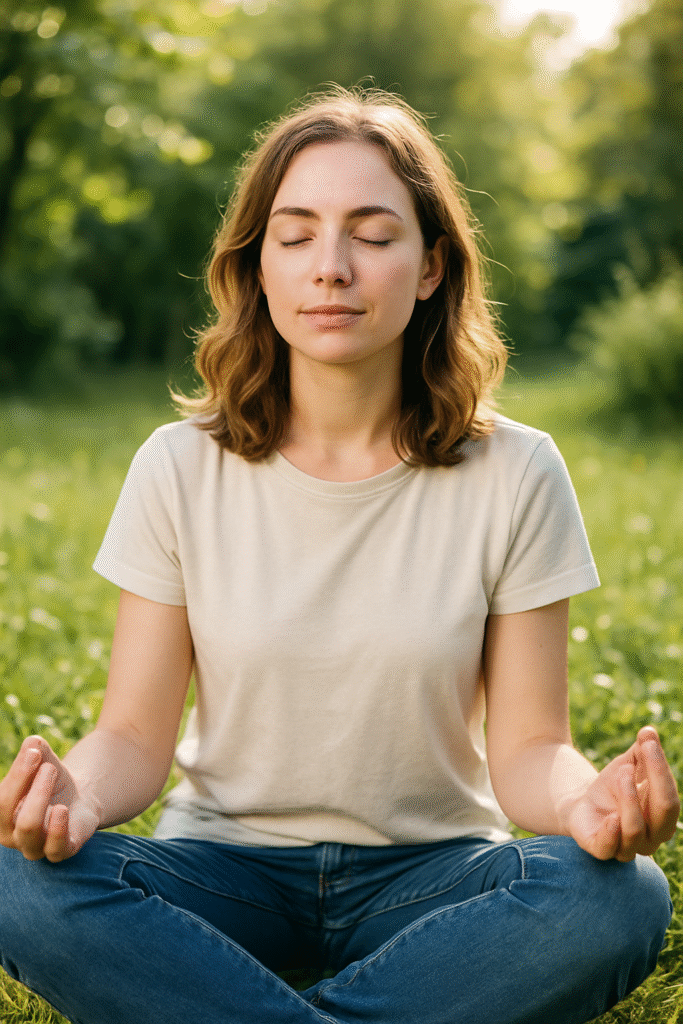
When to Seek Professional Help
If you experience any of the following, consult a healthcare professional:
- Thoughts of self‑harm or suicide
- Persistent insomnia that affects daily function
- Panic attacks more than once a week
- Inability to perform basic tasks due to anxiety or low mood
In the US, contact your primary care provider or explore community mental‑health centers. In the UK, book an appointment with your GP or access NHS Talking Therapies via the NHS App.
Trusted Government & Charitable Resources
- Centers for Disease Control & Prevention (CDC) – Mental Health
https://www.cdc.gov/mentalhealth - National Institute of Mental Health (NIMH)
https://www.nimh.nih.gov - Every Mind Matters (NHS, UK)
https://www.nhs.uk/every-mind-matters - Mind (UK Charity)
https://www.mind.org.uk/ - Samaritans (24/7 UK Helpline)
https://www.samaritans.org/ - Substance Abuse and Mental Health Services Administration (SAMHSA, US)
https://www.samhsa.gov/
Disclaimer
This blog is for informational purposes only and does not replace professional medical or psychological advice. Always consult a qualified healthcare provider for personalized guidance on mental‑health and anxiety relief. Image are AI generated.
